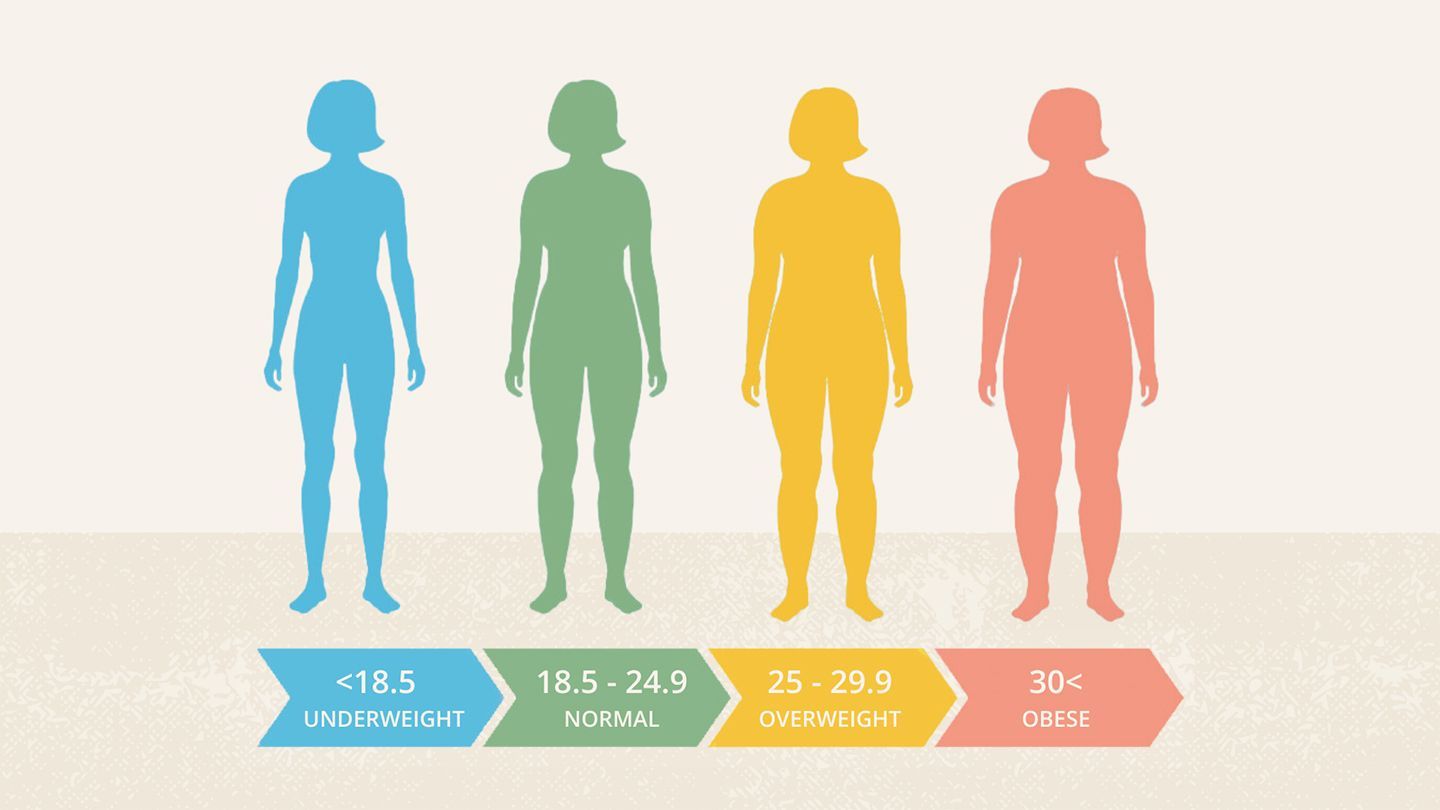The body mass index, commonly referred to as BMI, is an internationally used standard for measuring the degree of fatness and health of the human body. The calculation method of this index is simple, but it contains a wealth of health information.
The calculation formula of BMI is: weight (kg) divided by height (m) squared. For example, a person weighing 70 kg and 1.7 meters tall has a BMI of 70 divided by (1.7 squared), which is about 24.2.

According to the standards of the World Health Organization (WHO), BMI value can be divided into the following ranges:
1. Underweight: BMI below 18.5
2. Normal: BMI between 18.5 and 24.9
3. Overweight: BMI between 25 and 29.9
4. Obese: BMI 30 and above
However, it should be noted that BMI cannot fully reflect a person's health status. For example, some muscular people may be misclassified as overweight because of the weight of their muscles, while some people with a high fat percentage but little muscle may underestimate their weight problems.
-
The relationship between BMI and health
Although BMI is not a panacea, it is still a good reference indicator. A high BMI is often associated with some health problems, such as cardiovascular disease, diabetes, high blood pressure, etc. A low BMI may mean malnutrition or other health problems.
-
How to maintain a healthy BMI
1. Balanced diet: Maintain a varied diet and ensure adequate intake of protein, fat, carbohydrates, vitamins and minerals.
2. Regular exercise: Regular aerobic exercise, such as running, swimming, cycling, etc., as well as strength training, help maintain a healthy weight.
3. Adequate sleep: Sleep is very important for the body's recovery and metabolism, and lack of sleep may affect weight.
4. Avoid bad habits: Quitting smoking, limiting alcohol, and avoiding long-term excessive stress can all help maintain a healthy weight.
In general, BMI is a simple but useful health indicator. By understanding your BMI, you can better understand your weight status and take appropriate measures to maintain a healthy weight.
